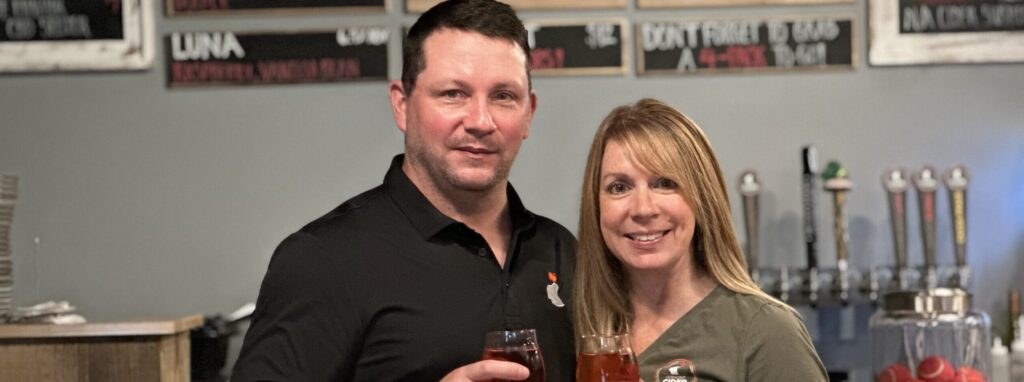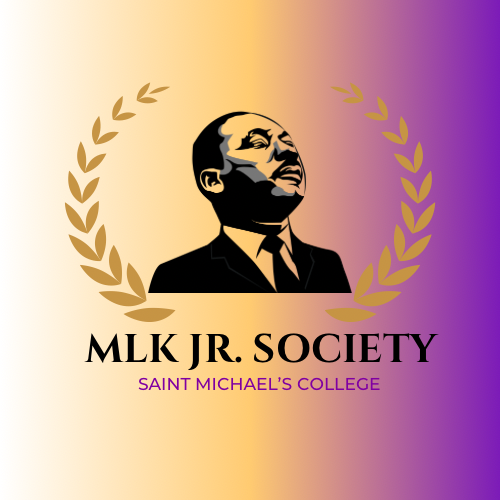Health Equity Certificate: Addressing urgent challenges
Online educational opportunity under way for career professionals, college graduates contemplating further study, and community members interested in engaging issues
 Challenges of health equity plague many countries throughout the world, depriving marginalized populations of quality health care. The COVID-19 pandemic and the national re-engagement on issues of racial inequity have highlighted the desperate need for the United States to effectively tackle health equity and the possibilities for work and career opportunities for people with the requisite knowledge and skills.
Challenges of health equity plague many countries throughout the world, depriving marginalized populations of quality health care. The COVID-19 pandemic and the national re-engagement on issues of racial inequity have highlighted the desperate need for the United States to effectively tackle health equity and the possibilities for work and career opportunities for people with the requisite knowledge and skills.
The Saint Michael’s College Health Equity Graduate Certificate is an online educational opportunity for career professionals, college graduates contemplating further graduate study and community members interested in the timely and urgent challenge of health equity.
“One of the biggest challenges facing the country is an enormous health crisis that is one-hundred percent grounded in the delivery of health equity,” says Patricia Siplon, Saint Michael’s professor of political science and director of the Public Health program. “We know that unequal access to health care itself and to all of the social underpinnings that determine health have made a lot of people incredibly vulnerable to this.”

Patricia Siplon
“Asynchronous learning,” the concept framing this new program, describes forms of education, instruction, and learning that do not occur in the same place or at the same time. With the on-line asynchronous nature of the Saint Michael’s Health Equity Graduate Certificate program — taught by a combination of scholars with academic expertise and field practitioners bringing cutting-edge knowledge and best practices – students can take the entire certificate sequence or a single course.
The 18-credit full program reduces time and financial commitments, while providing students with the necessary skills to address issues of health equity in a variety of healthcare professions. The final three credits of this program can be earned through a skills-based elective course, or through independent research. Students coming from a professional background have the opportunity to earn credit for work they’ve already done, through writing or crafting a public presentation of previous work.
Amanda Rohdenburg, a student of the Health Equity Certificate Program, said her recent studies for the program have been “a real gift this past semester, both professionally and personally. For her, “Making sense of the trajectory and impacts of the pandemic through a public health lens has been essential to processing this tumultuous era we’re all living through,” she said.

Amanda Rohdenburg
Rohdenburg, who specializes in providing resources and support to LGBTQ youth at Outright Vermont, said the courses created a space of support by carving new depths in understanding the social determinants of health. “My work at Outright benefits from the level of analysis my professors and adviser encourage, which enables more effective strategies and nuance to emerge,” she said.
An agreement between Saint Michael’s College and Boston University extends the opportunity for graduates of the health equity program to attain “Select Scholar” status. Admitted students are guaranteed a 25 percent tuition reduction for that university’s master’s in public health or accompanying master’s programs within the health field. Additionally, a transfer credit opportunity with the University of Vermont will allow credits from the health equity program to transfer to UVM’s master’s in health programs. This agreement is awaiting finalization.
Working within Saint Michael’s Public Health program, the certificate “is rooted in the College’s commitment for bettering our world and an academic tradition of interdisciplinary work, giving students an ideal place to engage in the inquiry and action needed for success in public health and health equity,” Siplon said.
Said Rohdenburg, “There has been a lovely, generative creativity that I was not expecting in a public health program. The courses have been engaging, lively, and an anchor against the chaos of the times.”






